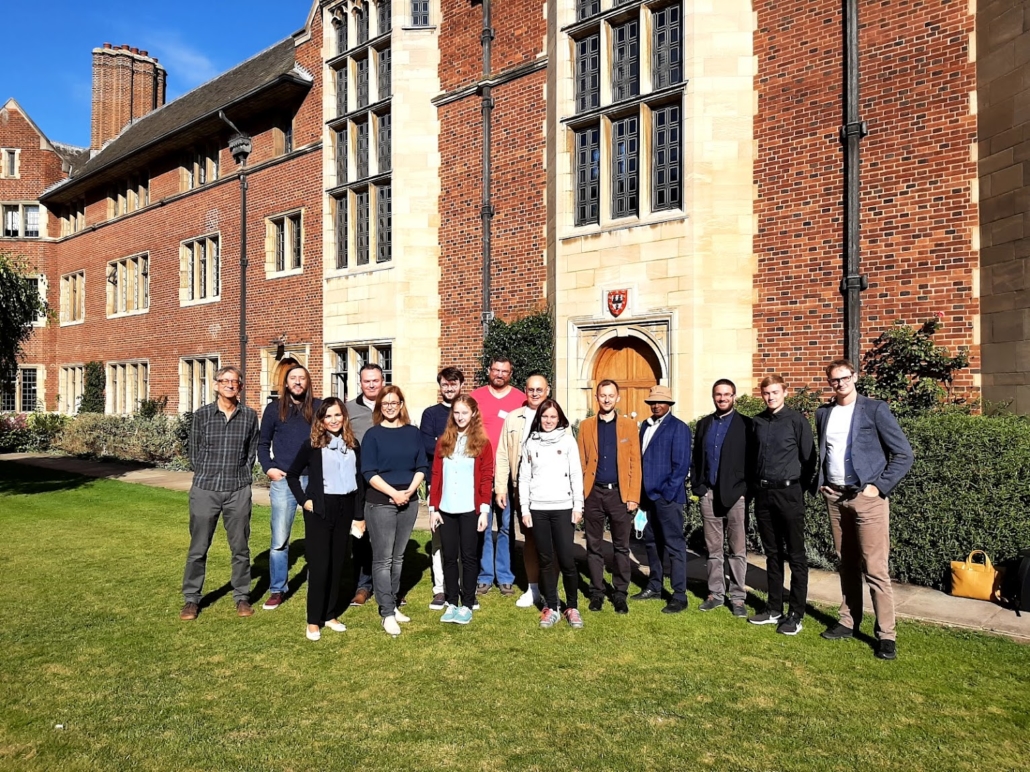In September 2021, we were delighted to be back at Lexicom after a Covid-induced break of two years. Inevitably, with the pandemic still casting its shadow, we were a smaller group than usual. Last time we were in the UK(2018), we had attendees from China, Japan, South Africa, and NorthAmerica, but there were no ‘long-haul’ participants this year. Nevertheless, we were all just happy to return to a little normality, and everyone enjoyed the familiar pleasure of face-to-face interactions.
For a second time, the Workshop was hosted by Jesus College, one of the oldest colleges in the University of Cambridge. It proved a popular venue, and we were blessed with fine, warm weather throughout the week.
As always, the Lexicom programme had been updated to take account of recent work in the field. The most notable of these was the practical implementation of ‘post-editing lexicography’ in a major project developed by Lexical Computing for the Korean corporation Naver – a further significant step in the semi-automation of lexicographic processes. We discussed these and other new developments, alongside ‘traditional’ issues like word sense induction and corpus-querying tools. We were also treated to a lively overview of advances in computational linguistic research from our guest lecturer Diana McCarthy. Diana’s lecture was followed by a punting adventure on the River Cam.
Michael Rundell






 By RomanM82 [CC BY-SA 3.0 (https://creativecommons.org/licenses/by-sa/3.0)], from Wikimedia Commons
By RomanM82 [CC BY-SA 3.0 (https://creativecommons.org/licenses/by-sa/3.0)], from Wikimedia Commons